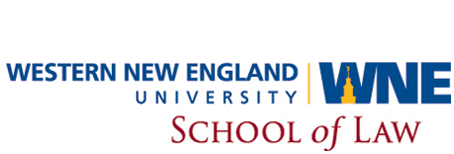Home > Student > Law Review > Vol. 36 (2014) > Iss. 3 (2014)
Abstract
Avoiding preventable foreclosure has become a common theme for lenders, consumer advocates, and policymakers. Finding alternatives to foreclosure has been difficult, even in the best of circumstances. Past scholarship has explored conflicts of interest between the various lenderside entities and suggested ways to promote foreclosure alternatives despite these conflicts. Thus far, insufficient attention has been given to avoiding foreclosure where homeowners are similarly unable to speak with a clear and united voice. This Article explores how homeownership can be preserved in cases where a homeowner is not able to secure the full cooperation of all borrowers on the account.
This Article briefly surveys the foreclosure prevention landscape and the relatively recent changes that have altered the calculus of when foreclosure can be averted. It reviews existing literature on situations where internal conflicts on the lender’s side prevent or inhibit foreclosure avoidance. It next addresses the circumstances in which borrowers might be unable to present a united front in negotiations with the lender. This section includes a discussion of why these problems are of particular societal concern and why, in many cases, the most equitable result requires one owner or the other to retain ownership of the property. This section also discusses the cases of special concern where domestic abusers try to force a home into foreclosure as an extension of a pattern of abuse and control.
The Article proceeds to address the mechanics that make foreclosure prevention particularly challenging where full cooperation from all borrowers or owners cannot be secured. It discusses partial solutions that advocates, judges, or other interested parties may be able to use to solve or avoid problems with existing law and prevailing policies, and highlights specific policies that lenders could change to resolve these problems in mutually beneficial ways. Finally, the Article argues that the diverse rights and interests of parties involved in a mortgage foreclosure cannot be adequately protected without joining all interested parties in one judicial action. The stakes are too high for non-judicial foreclosure.
Recommended Citation
Daniel Bahls, SPLITTING THE BABY: AVOIDING FORECLOSURE WHEN HOMEOWNERS HAVE UNCERTAIN OR CONFLICTING INTERESTS, 36 W. New Eng. L. Rev. 261 (2014), https://digitalcommons.law.wne.edu/lawreview/vol36/iss3/4
